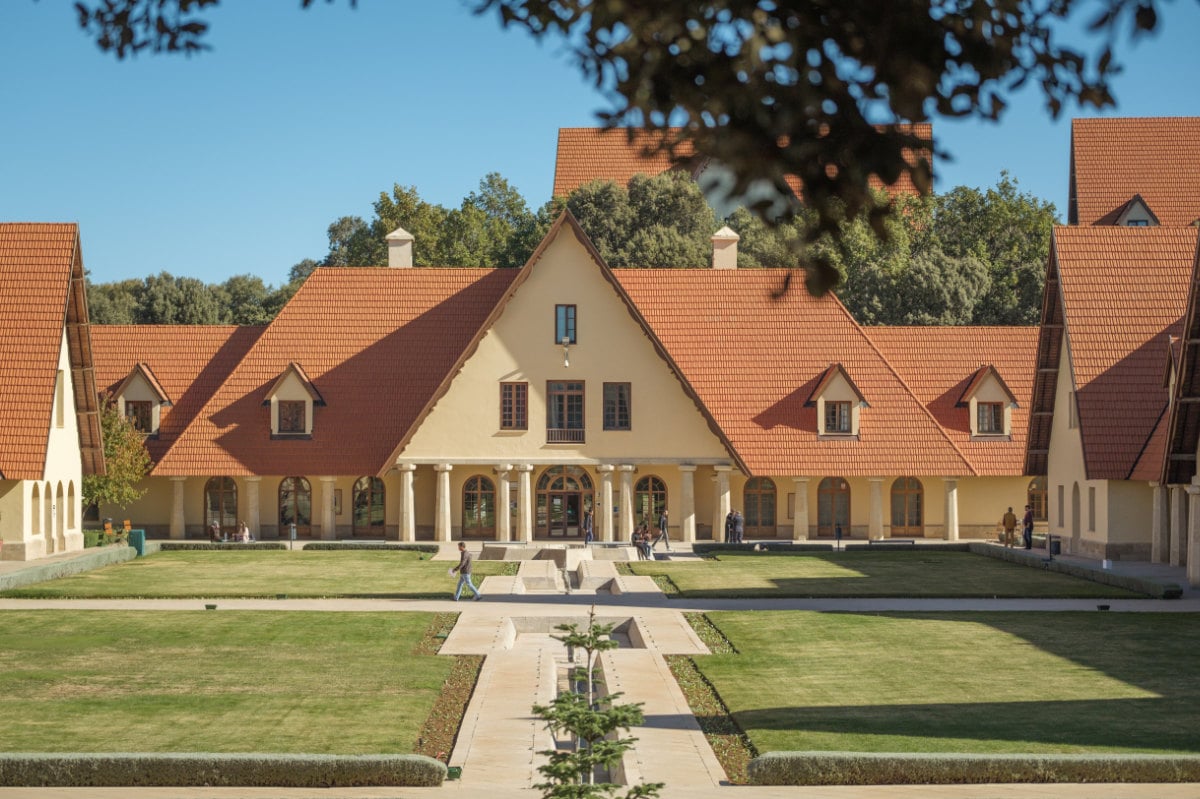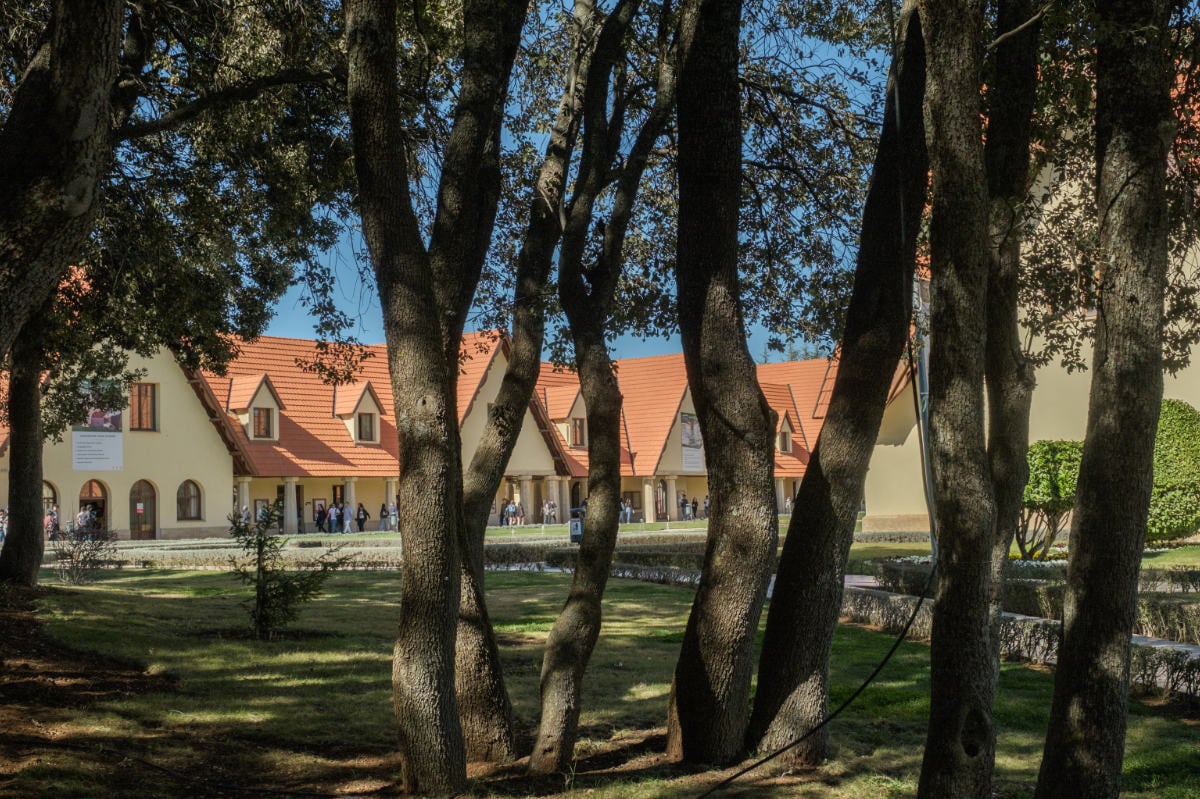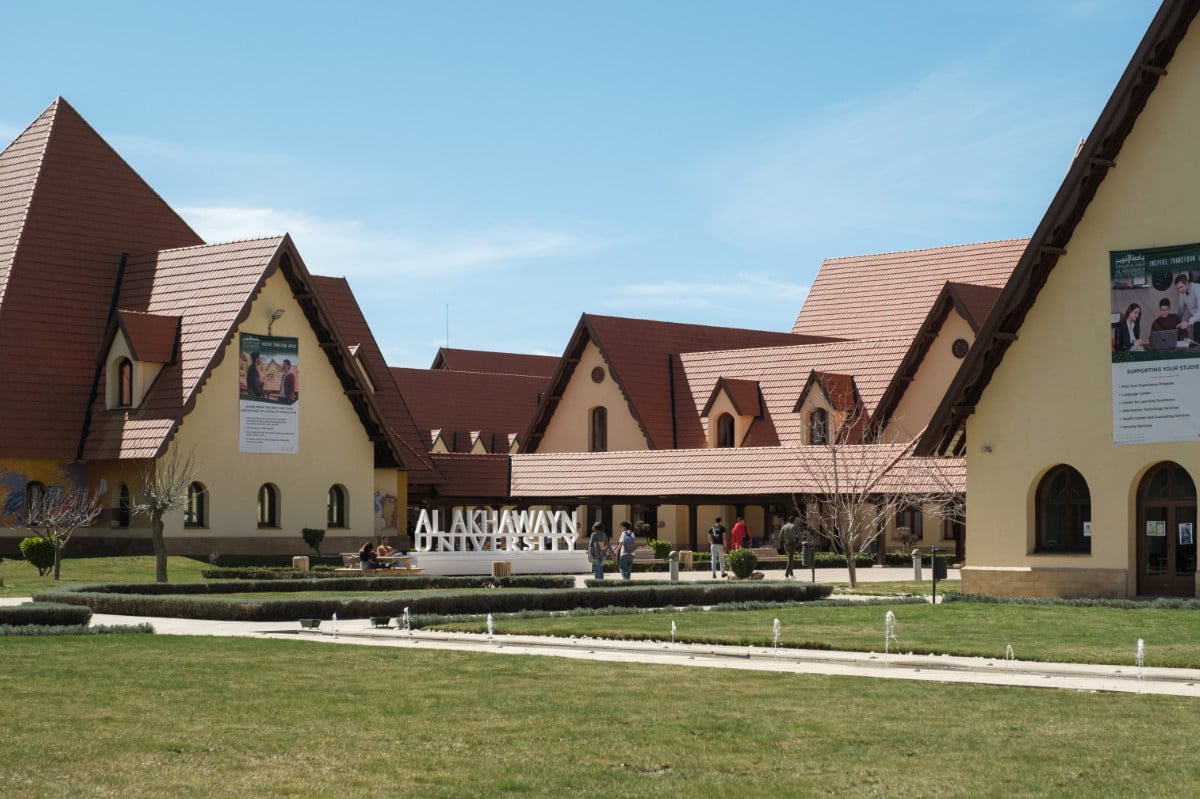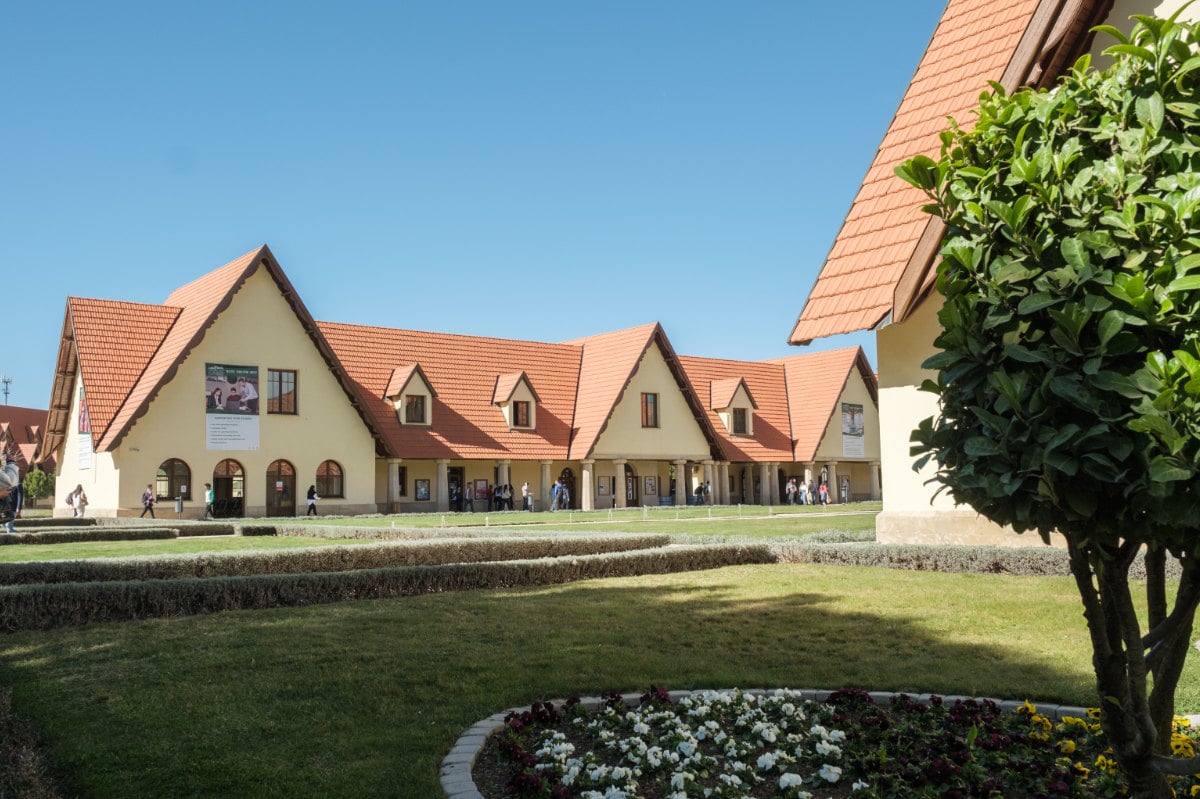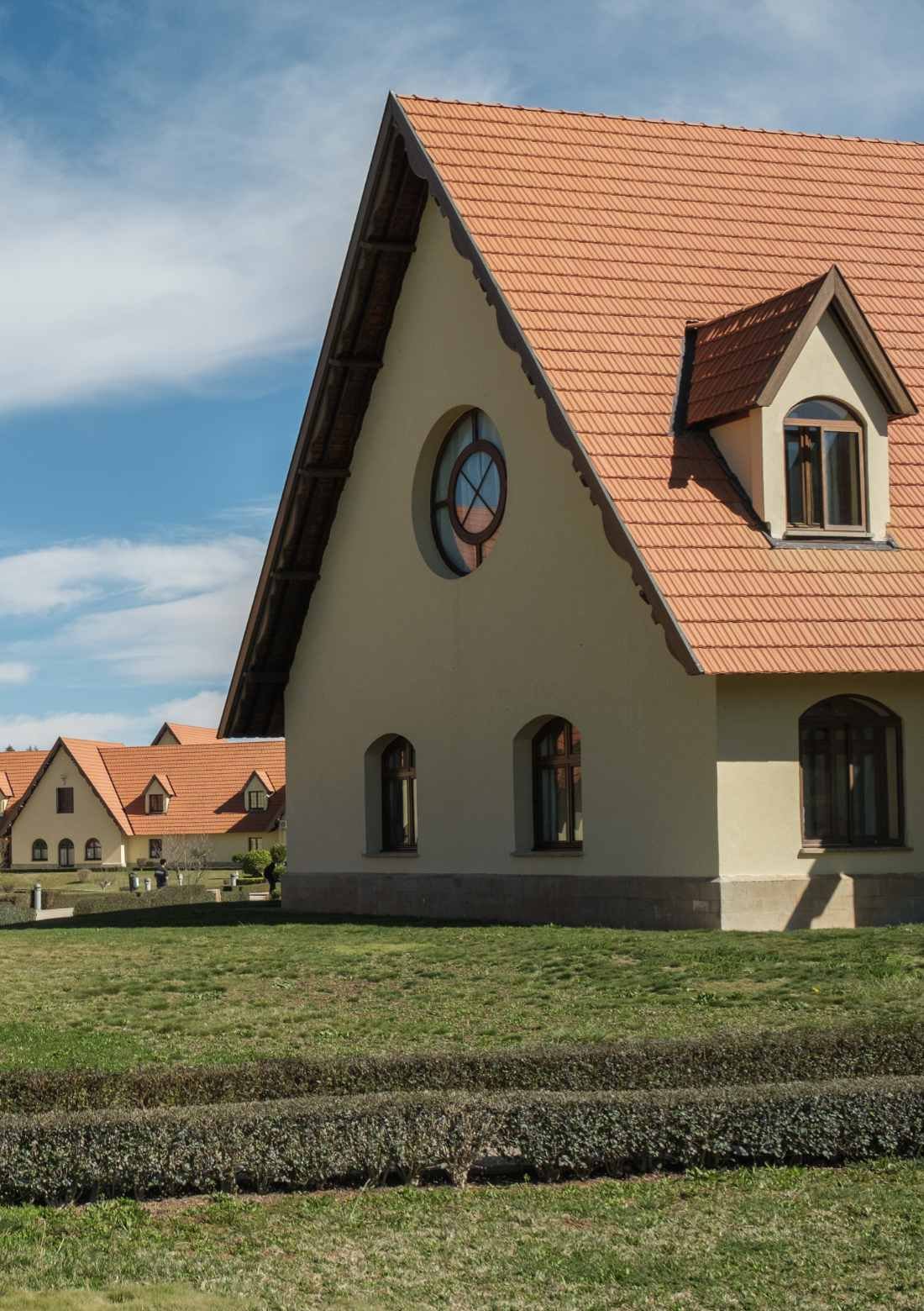FAQ
Q - What kind of incident reports can be filed?
A - Through the CCSO, AUI offers the possibility of filing different kinds of sexual misconduct and gender-based discrimination incident reports.
- Reports can involve a) No follow-up, and be made anonymously or not (for AUI records); b) The application of a No-Contact-Order; or c) A process of mediation (conflict resolution) leading to a mutually satisfactory closure;
- A formal complaint involving investigation and adjudication
Q - Who has access to my report?
A - For reports without follow-up, and for cases requiring mediation, no one aside from the CCOs has access to the report. In the case of a report leading to investigation and adjudication, the CCOs, the investigators and adjudicators will see the report, although all these stakeholders are subject to the rules of fair conduct, which ensure confidentiality.
Q - When can I call the police?
A - We believe that contacting the police is a right and the first option that any member of our community should consider in the case of assault or any offense. If a complainant chooses to file a complaint/charge through law enforcement, the CCSO will support them in this process. If a report has been filed internally (within AUI) and the complainant wishes to go to the police instead, then the internal process is put on hold, until the work of law enforcement/courts clarifies how to deal with the case internally. In a case where a complaint has been filed and treated internally (within AUI) and then closed, and if the complainant is unhappy with the outcome, they may choose to either request an appeal (within AUI), or they may choose to file a complaint with law enforcement.
Q - What is a No Contact Order and How do I get one to stop someone from harassing me?
A - The CCSO can help impose a No Contact Order to stop a respondent from coming into contact, directly or indirectly with a complainant when the risk of harm cannot be managed. To do this, the person who is being harassed would lodge an incident/case report. Any of the three types of report can include a no-contact order, but in the case of a report leading to mediation, the No Contact Order will be enforced until the mediation, and if agreed by both parties, it may be extended or repealed as a result of the mediation outcome.
Q - What is the process of imposing a No Contact Order?
A - For the No Contact Order to be implemented the CCO takes the report from the complainant and then sets out to meet with the respondent to get their version of the incident and give them a chance to explain their behavior. Once the case is well-documented thanks to the testimonies of both the complainant and the respondent, and sometimes, other witnesses, then a No Contact Order is signed by both parties, and then enforced through the appropriate oversight office (VPAA, DSA, or CHEGO) in conjunction with the Security Department.
Q - What should I keep in mind if I am part of a No Contact Order?
A - As with any incident report, the rules of fair conduct apply. This means that both the respondents and the complainants are expected to uphold confidentiality and commit to refrain from any form of retaliation or interference in the process of the case.
Q - What are the rules of fair conduct?
A - The rules of fair conduct refer to a set of principles that govern how incident reports are handled and what is expected from the parties involved. The rules of fair conduct include a commitment to confidentiality, abstinence from any behavior that could be deemed as retaliation or interference, and provisions against false accusations and false witness testimony.
Q - Who must abide by the rules of fair conduct?
A - The people who are processing the case (Designated reporting officers, and when relevant investigators and adjudicators), the complainant, the respondent, and the witnesses, are all bound by the rules of fair conduct. The only exceptions are when cases/incidents require the attention of AUI’s president or the assistance of legal counsel.

